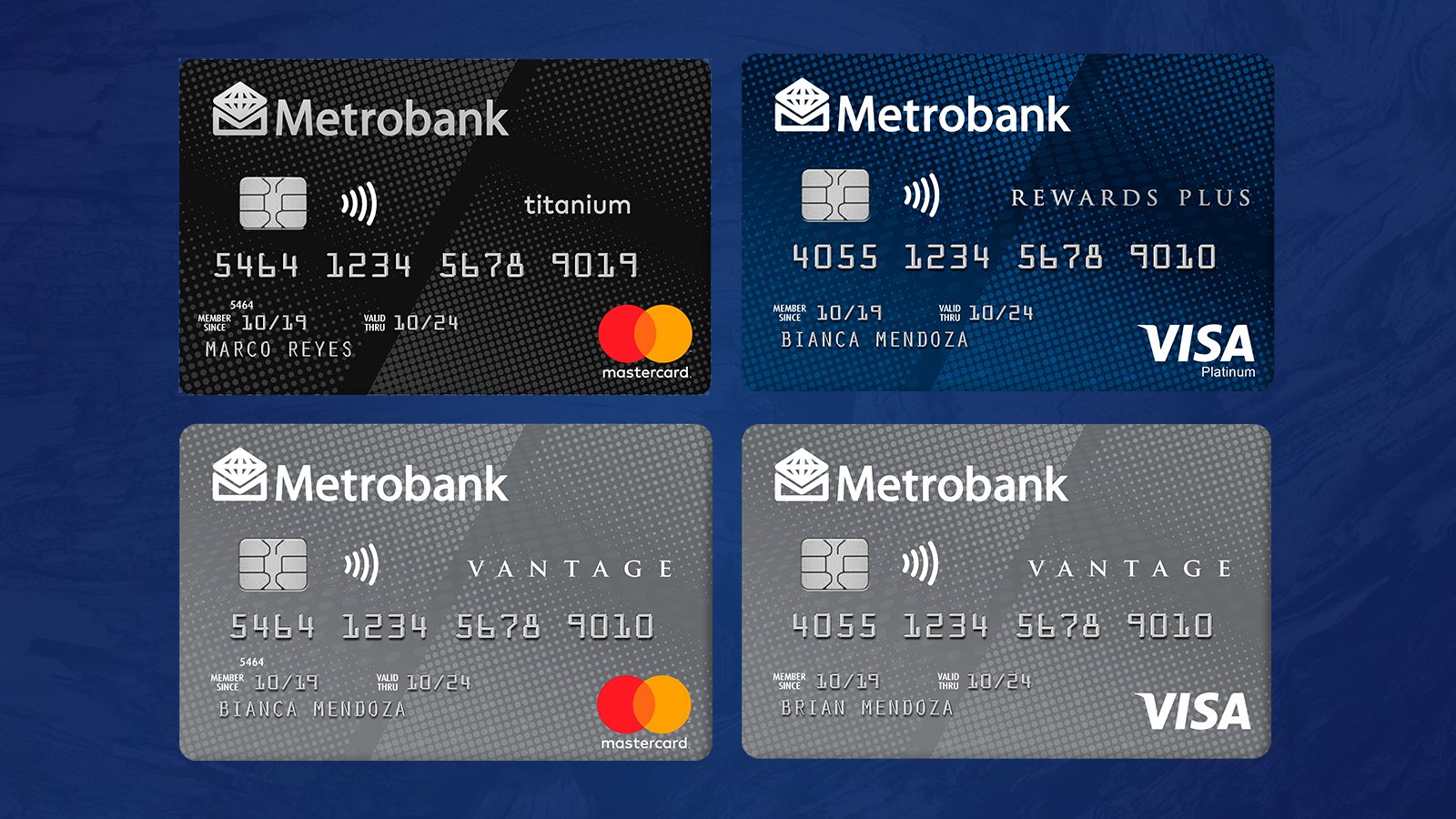

In the situation of an online sale, a merchant cannot enroll you in an auto-renewal arrangement without providing written information that “clearly and conspicuously” reveals all the “material terms of the transaction” before getting your billing information.

This law tries to rein in auto-renewals or what it refers to as a “negative option feature.” Here’s how the Federal Trade Commission defines a negative option feature: “in an offer or agreement to sell or provide any goods or services, a provision under which the customer’s silence or failure to take an affirmative action to reject goods or services or to cancel the agreement is interpreted by the seller as acceptance of the offer.”

#Cedit card on banktivity 5 how to
See related: How to reverse unauthorized charge on my debit card How auto-renewals are regulated That’s why the Restore Online Shoppers’ Confidence Act (ROSCA) legislation was enacted. Considering that consumer confidence is necessary to fuel online commerce, the government would like consumers to get clear and accurate information about the transactions they engage in. With the growth in internet commerce, online billing and auto-renewals have become more common. You should also take the time to research the company’s cancellation procedure and contact information for cancellation, as well as any consumer reviews regarding the cancellation process before you make the purchase. That way, they can keep track of fees, price increases and renewal times so that there are fewer surprises.” Lila McKinley, staff attorney at the State of Connecticut Department of Consumer Protection, advised in emailed comments, “If consumers sign up for a subscription service, it’s important to check in on the service regularly to make sure they can appropriately log in to their account, that all of charges look right on their card statements, and that they double-check they’re receiving the exact products or services they ordered. See related: Take control of pesky recurring card charges How online shoppers can protect themselves It seems other Zoosk subscribers, too, have similar complaints about this service. He wonders how he can cancel his subscription if representatives don’t respond to his contact efforts and he is also locked out of his account. Robert says, “I think I’m entitled to a chargeback as I haven’t been given services I have been charged for, not even one day’s worth.” Moreover, the company’s representatives haven’t responded to his attempts to contact them either. Ongoing billing for the subscription is automatic unless he cancels, which he cannot do since he can’t access his account. He says he found himself locked out of his account the very next day, even though he hadn’t violated any of the service’s rules.Ĭheck out all the answers from our credit card experts. He subscribed to the online dating service Zoosk, opting for a one-month subscription. Reader Robert writes that he finds himself caught in just such a trap. However, while they have their uses, many consumers ultimately sour on auto-renewals.Īn auto-renewal is a kind of transaction in which a merchant re-ups your subscription for a service and continues billing your credit card, or another form of payment, for periodic payments after your initial subscription expires. Much like the Energizer Bunny, auto-renewals on credit cards can keep going and going and going.


 0 kommentar(er)
0 kommentar(er)
